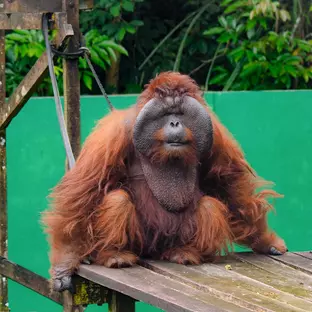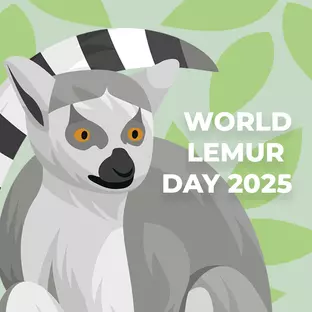Turtle season is in full swing at the Costa Rica Turtle Conservation Experience and with hundreds of turtle eggs being laid along the beaches, the team are working hard to ensure as many eggs are relocated, and hatchlings are safely released, as possible! If the turtle species didn’t have enough to overcome already, with ocean pollution ever-rising, overfishing, and an array of predators both in and out of the water, many of the turtles that nest along the beaches of Costa Rica are vulnerable to poaching. Nests are looted and the eggs sold to local restaurants or individuals as they are considered a delicacy and often believed to be an aphrodisiac. In some cases, adult turtles themselves are mutilated and sold for meat. This unfortunate trade has contributed to the dwindling numbers and endangered classification of 6 out of the 7 species of sea turtles (3 of which are critically endangered).
When a turtle has been spotted or a nest has been found, the nest location is taken into consideration. If they are at risk from poachers, predators or beach erosion, the eggs are collected and safely moved to the hatchery. Turtle eggs take roughly 60 days to hatch, then the hatchlings are taken back to the exact beach where they were found to be released. The female hatchlings who survive to maturity will then return to the same beach to nest for the next 25-30 years! 
With no international volunteers, the turtle team have banded together to ensure that important conservation work is still going ahead. Whilst the team numbers are low and it has been a challenging nesting season, there has been a heart-warming boost in the community’s interest in turtle conservation. Over the past couple of months, local communities and authorities have collaborated in order to protect the turtles and their nests, these have included local volunteers, the Ministry of Environment and Energy (MINAE), lifeguards, police officers and park rangers all lending a hand to the cause.
The first nest found this year was on July 3rd and the turtle team were happy to report that the first turtles of the season hatched early September and have already been released! These hatchlings were Olive Ridley turtles, they are a vulnerable species and statistically, only 1 in 1000 hatchlings will grow to maturity. To provide hatchlings with the best starting odds the team will oversee all releases, ensuring as many hatchlings safely return to the ocean as possible. In a (translated) statement released to locals, the project invites everyone to participate in conservation efforts:
“We invite you to help in the conservation of the tortoise lora [Olive Ridley] and prevent it from going to the sad list of extinct animals; to participate actively in cleanings of beaches and rivers that are organized in different cantons; to eliminate or diminish the use of plastic; to recycle; to report illegal sale of turtle eggs etc. Every effort, however small it may seem, counts.”
So whilst we don’t have volunteers on the ground, there are still ways to play your part in protecting not only sea turtles but all marine life; recycle, sign petitions to combat single-use plastic, educate yourself and spread the word. Alongside the incredible turtle team, we look forward to welcoming back volunteers on the Costa Rica Turtle Conservation Experience!














